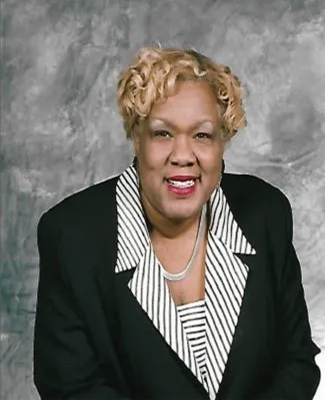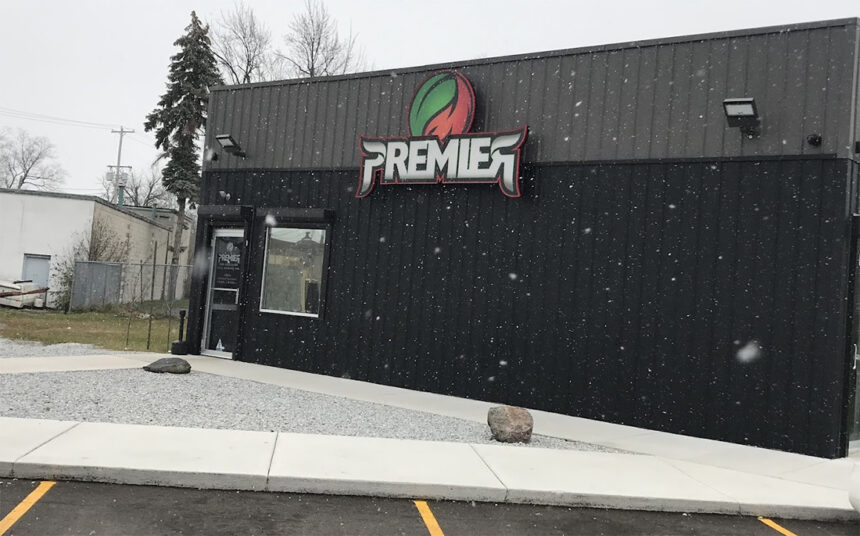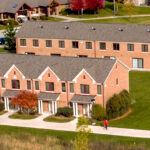SAGINAW, MI — Advocates for a halt on any more marijuana dispensaries in the city received no immediate responses Feb. 10 from most City Council members.
Bill Ostash is one of three remaining officials who joined the 2020 vote to allow the newly legalized cannabis stores. At the time, he expressed an outlook that personal adult THC products should not lead to imprisonment, especially when punishment is racially out of proportion. He invited the moratorium backers to exchange research info with him.
Others who voted “yes” five years ago, Mayor Brenda Moore and Michael Balls, did not offer their views on stopping any new stores. Neither did Pro-Tem Priscilla Garcia, although she echoed former member Reggie Williams, with his law enforcement background, in noting that the dispensaries are not known for selling to minors in the same way as some of the party stores with alcohol and tobacco. Balls spoke of offering hope — training for decent jobs, mainly — as an alternative to dope.
Monique Lamar Silvia has been a dispensaries opponent. None of the four newcomers — Jacinta Seals, Eric Braddock, Heidi Wiggins or Carly Hammond — indicated how they might vote on the matter.
Saginaw is home to 94 party stores and 12 dispensaries.

As promised, Joyce Seals brought forth a wide range of support for the marijuana moratorium, with a long-term aim of a total shutdown. The former mayor’s current roles are Board of Education trustee, coordinator of the county’s new Health Equity Council, and co-founder of the Family Youth Initiative, which evolved into the Prevention Council.
Inez Williams spoke for both the school district, serving as family and community engagement specialist, and for the Prevention Council. She asserted that young people, and adults who supply them, may fail to realize that usage can lead to damaged brains, which continue developing into young adulthood. Warning signs are increased truancy and forgetfulness, leading to lower academic achievement.
Pastor Chris Pryor of Victorious Believers Ministries told the City Council he has detected the odor of reefer smoke at school sporting events and even on the clothing of elementary pupils. Regarding City Hall’s collections of state excise taxes, about $60,000 per dispensary from 10 percent surcharges, Pryor said, “All business is not good business,” adding later, “All money is not good money.”
A pair of factual errors also came forth. The number of cannabis storefronts is not “rapidly increasing” or focused on the East Side. Rather, the count of a dozen has been in place for more than a year, and eight are on the West Side.
Statewide voters in 2018 passed a restricted legalization measure that allows more than 500 communities to decide whether or not to allow sales. The rounded-off 100 that have opened their doors include the larger cities and some low-income rural small towns like Caro and Vassar, home to Premier Provisioning, the only enterprise that has doubled up with stores on the East Side next to the soup kitchen on Genesee and on the West Side in the former Hamilton Bakery on Gratiot.
Speakers on the topic begin about 15 minutes into the meeting, with a video available on YouTube or at saginaw-mi.org.
The council’s next session is at 6:30 p.m. on Monday, Feb. 24.










